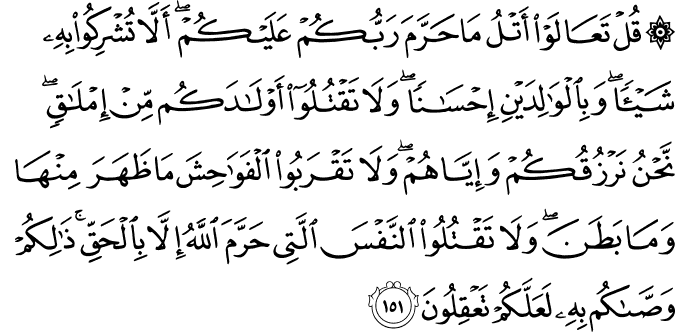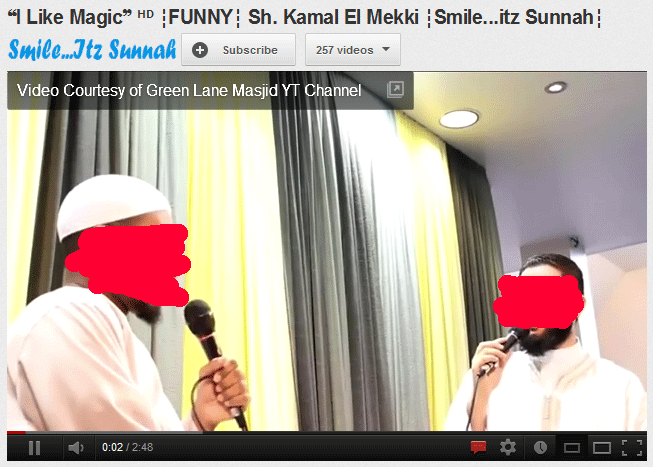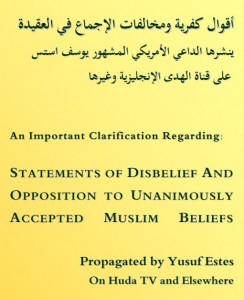In the Name of Allaah, the Most Gracious, the Ever Merciful…
Since the publication of our article, The Reality of Ibn Sina (Avicenna), Famous Scientist and Philosopher, many people have been asking for more detailed proofs that Ibn Sina was not actually a Muslim, specifically from his own beliefs.
This article provides more detailed proof about his specific beliefs from the writings of one of the most amazing scholars in Islamic history, Ibn Qayyim al-Jowziyyah (d.751), may Allaah have Mercy on him.
After Ibn al-Qayyim mentioned that Aboo Nasr al-Faaraabee (or Al-Farabi), like Ibn Sina, was upon an extreme deviation of the concepts promoted by Aristotle, including disbelief in Allaah, His Angels, His Books, His Messengers, and the Last Day, he went on to say:
Perhaps an ignorant person might say that we have dealt too harshly with them, ascribing them to disbelief in Allaah, His Angels, His Books, and His Messengers. This is not far-fetched for someone who is ignorant of both their writings and the reality of true Islaamic teachings.
[Disbelief in Allaah]
You should know: According to the teachings of the best of the modern philosophers, their voice, and their role model whom they prefer over the Messengers themselves, Aboo ‘Alee Ibn Sina, Allaah – Glorified and Exonorated above their claims – is merely one who exists in a general way, without having a single attribute, nor any chosen actions at all. He does not know anything about the universe at all. He does not know how many planets there are, nor does he know anything of the unseen. He does not speak, nor does He have any attribute at all (in their beliefs).
It should be clearly known that this concept is (that Allaah is) just an imaginary idea in one’s mind, having no reality. Its most apparent manifestation of this is when a person thinks of it and defines it in his mind, as he would imagine other theoretical concepts. This is certainly not the Lord to whose Way the Messengers called, the One whom the previous nations knew of.
The real Lord of the universe, the God of the Messengers, is clearly not this “lord” whom the heretics call to, stripping him of any real presence and any attribute or action, claiming he is neither part of the universe, nor beyond it, nor having any connection at all to it, nor being seperate from it, nor being in front of it or above it, nor on the left or right, etc. The difference between the two is like the difference between existence and non-existence, like the difference between affirming something and negating it (i.e. complete opposites)!
In fact, anything that could possibly exist would be more complete than this “god” who the heretics call to, the one their intellects have carved, while real carved idols have a real existence and this “lord” does not. He can only exist within the imagination!
All of this is the case, while these heretics are more correct Continue reading →



